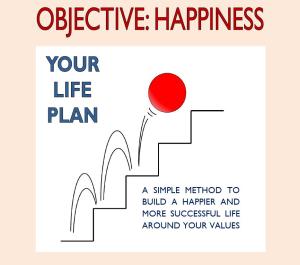![You Know More About Investing Than You Think j0367528[2]](https://happyfuturegroup.files.wordpress.com/2009/09/j03675282.jpg?w=450) Before you begin researching potential investments or asking an advisor for advice, understand that you already have within you the most important piece of information you need to choose investments. Always ask yourself, “what am I going to do with this money, and when do I hope to do it?”.
Before you begin researching potential investments or asking an advisor for advice, understand that you already have within you the most important piece of information you need to choose investments. Always ask yourself, “what am I going to do with this money, and when do I hope to do it?”.
It is very important to match the type of investment with the purpose of the investment. The best investment for one purpose, such as saving for a vacation, is not the best investment for another purpose, such as saving for retirement. The funds to be used for a vacation should be accessible (liquid) and have a predictable value at the time you plan to pay for the vacation. A high interest savings account or a short-term certificate of deposit matches the purpose. If you invest in a high-risk stock, with the intention of selling it to use as your vacation fund, it is quite possible that the original amount you invested could have dropped in value, twenty per cent or more. It is equally possible that it may have increased as much as twenty per cent. It is the uncertainty of the value of the investment that makes it a bad choice for a shorter- term goal such as a vacation. If you choose to gamble, which is what you are doing when you make a short-term investment in a high-risk stock, you take the chance of not having enough money to pay for your cruise when you book it.
If an advisor starts suggesting investments before asking why you are investing, RUN AWAY. The advisor clearly is only interested in his or her commission and/or selling you the hot product of the moment.
Once you choose a purpose for the funds you are investing, keep with your original plan whenever possible. Don’t deposit your emergency fund into your RSP, with the idea that you can make a withdrawal if necessary. Even if you keep the “emergency fund” money in a safe investment within the RSP, withdrawing RSP funds earlier than you intended to can have negative tax consequences. (In a future post, I will explain why I believe it is a bad idea to withdraw from your RSP to buy a home.) You will have tax withheld from the withdrawal depending upon the dollar amount of the withdrawal, and you may have to pay additional income tax the following year.
Copyright 2009 The Happy Future Group Consulting Ltd.



 Posted by Sheryl Hunter
Posted by Sheryl Hunter 








